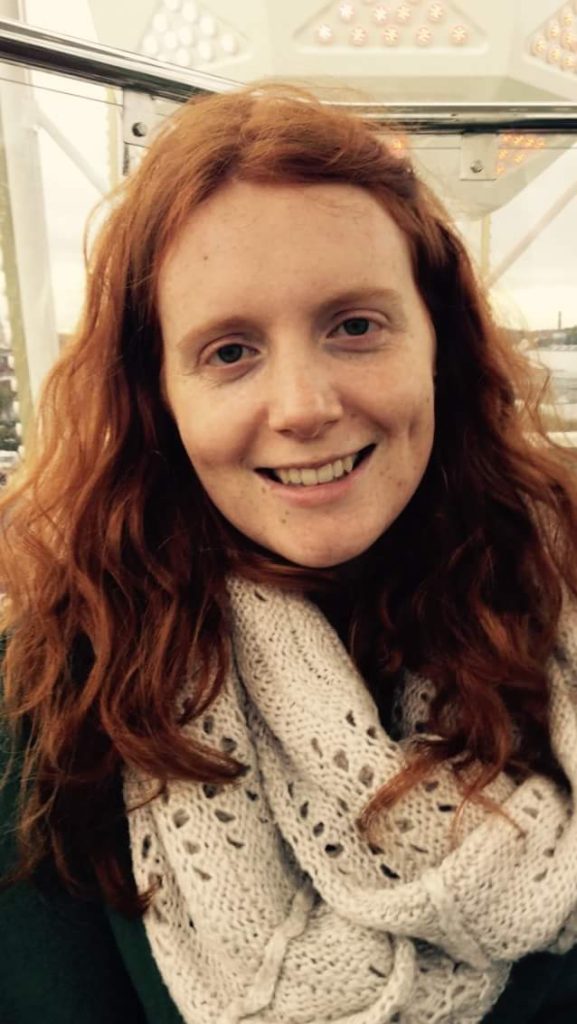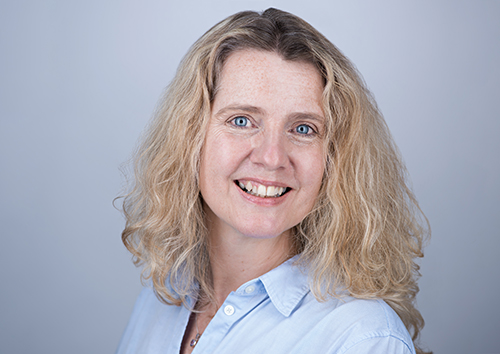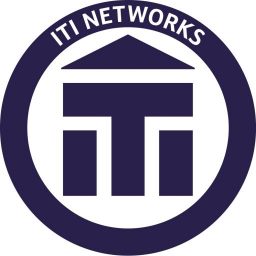The Translation Mentoring Scheme was launched by the ITI French Network in 2020. The scheme focuses on developing translation skills and is aimed at both experienced translators and newcomers to the profession. Mentees work on three translations over a period of six months, which mentors provide feedback and guidance on.
Below a mentor pair shares their experience of the scheme. Read other mentor reports on our blog.
The mentee: Lydia Martin

I signed up to the French Network mentoring scheme as I was looking to gain further experience in a variety of different fields. Working as an in-house translator at an agency in Germany, I am exposed to many different types of fields and text types from DE to EN on a daily basis, whereas my experience of FR to EN translation during my undergraduate and master’s degrees was largely literature-based. I was pleased to be paired with Cathy as she clearly had a wide range of specialisms and experience to bring to the table.
The first text was an extract from a tourist magazine advertising the cultural heritage of a town in France. It was a colourful mix of military history and detailed descriptions of local architecture, cuisine and attractions. The challenge was combining technical vocabulary with a slick marketing flair. My research also entailed navigating Google Street View to ensure my directions were practicable for a tourist on the ground.
The second text came from a website for a high-end caviar restaurant that introduced an elite clientele to this delicacy in the 1920s. The French was a delight to read; an absorbing portrayal of fine caviar pearls and hushed furnishings inside the restaurant against the backdrop of the hedonistic spectacles and exhilarating dynamism of the 20s. The challenge of the translation was capturing this vividness and luxury, as this was central to the restaurant’s branding.
The third translation was an editorial text from a publication issued by a European cinema network. It featured a rallying call to win back audiences following the pandemic. I found this particularly interesting because it discussed the effects of successive lockdowns on cinemas, so I had to include the new terminology for social trends that has emerged from the pandemic. It was also an example of when a text unexpectedly resonates with personal experience: my local cinema, where I had my first exposure to foreign-language films growing up, was also part of and benefitted from this network until recent political events. Whilst it was disheartening to know that the UK is no longer a key member of this network, it served as a reminder that translation often evokes memories, emotions and associations personal to the translator – an engagement that can fuel inspiration, but should not exert influence on the character of the translation itself.
Cathy was generous with her time and advice, giving both constructive criticism and supportive praise. In each of our Skype sessions she pointed me towards useful linguistic and specialism-related resources and gave tips on how to spot mistakes and source-language interference in your own work. We would have open discussions about how individual phrases and words related to the coherence of the text as a whole – a form of close reading that was always very stimulating. I am very grateful to her for her valuable insights and extensive feedback.
The mentoring scheme offers the mentee a ‘safe’ environment to experiment and develop a feel for which decisions pay off and those that simply sound off. It also allows the luxury of devoting a long time to a relatively short text so you can become fully immersed in its micro-world of linguistic style and cultural references. And, ultimately, it is fun! I can only recommend it.
Lydia is a German and French to English translator working in-house at an agency in Germany.
The mentor: Cathy Dobson

My first experience of mentoring in 2020 turned out to be extremely positive. So last year, when Cherry asked me if I would be willing to take on a second mentee, I was more than happy to do so.
Lydia has been working as an in-house translator in Germany for some years and was looking to refresh her French translation skills. She had initially expressed an interest in marketing and tourism but during our introductory chat she mentioned that she was open to other challenges, so I selected a mix of texts. We began with some snippets from a tourist magazine (promoting historic sites, architecture and cuisine) and then worked on some web content from the landing and history pages of an upscale restaurant. For the final task, I gave Lydia an editorial piece from a publication for an independent cinemas’ group. Each translation called for a slightly different writing approach, although all the source texts shared the features of specific terms requiring research, elaborate sentence structures that didn’t really work in English, and somewhat ornate language.
Our approach to the mentoring seems to have been fairly standard: I would set Lydia a text, she would translate it, I would provide comments and share my own version and then we would follow this up with a chat over Skype. The third text was particularly interesting to discuss because the “final” version I shared had been through an agency’s revision and review system and included some phrasing and in-house, preferred terms I wouldn’t necessarily have stuck with myself. As this is something translators and writers have to accept from time to time, it is certainly worth considering how best to work with wording we may personally consider less than ideal.
Lydia is clearly an adept translator, so mentoring was mainly a case of fine tuning her work and tweaking some word choices to achieve a consistent tone of voice or to enhance impact or clarity. Her versions also presented me with a few “I wish I’d thought of that” moments, which I’ll be storing for future reference. I certainly hope that she now has the confidence to take on French translation projects if she chooses.
As I found last time, mentoring is a great opportunity to reflect on your own translation approaches and choices while helping less experienced colleagues to grow. I’m convinced that everyone in our network benefits from schemes like this and if you’ve been translating in certain areas for some time, you probably have more insights to offer than you might realise. So, if you are considering volunteering to be a mentor, do give it a go.
Cathy Dobson FITI is a French to English translator/copywriter specialising in marketing communications, wine, tourism, and the environment.
